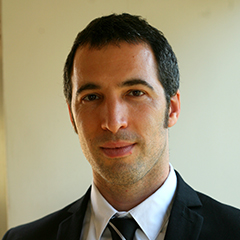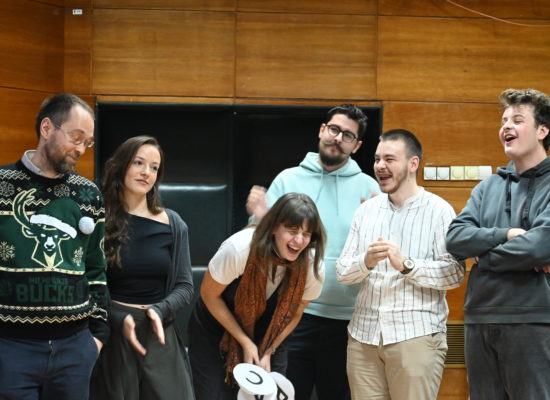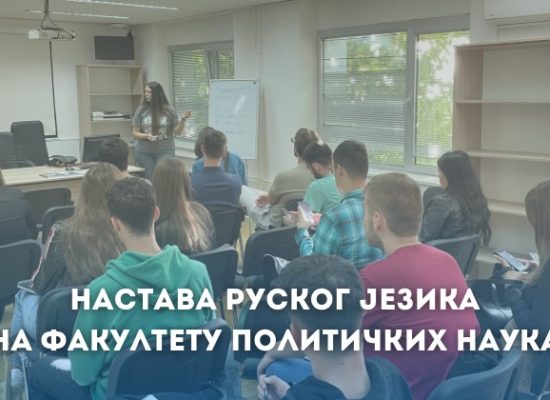
Предавање др Јосија Харпаза – Compensatory Citizenship: Connecting Dual Nationality and Global Inequality
Центар за студије конституционализма Вас позива да присуствујете предавању др Јосија Харпаза (Yossi Harpaz), предавача на Одељењу за социологију и антропологију Универзитета у Тел-Авиву на тему
Compensatory Citizenship: Connecting Dual Nationality and Global Inequality
Предавање, на енглеском језику, ће се одржати у четвртак, 20. априла, у слушаоници 3 Факултета политичких наука, са почетком у 15 часова.
Др Јоси Харпаз докторирао је социологију на Универзитету Принстон и у својој дисертацији се бавио темом глобалне дифузије нових пракси и разумевања концепта грађанства на студијама случајева двојног држављанства Србије, Израела и Мексика.
Compensatory Citizenship: Connecting Dual Nationality and Global Inequality
Citizenship is not equal round the world. Different countries offer starkly different “packages” of rights, benefits and opportunities, creating a global stratification by citizenship. Until recently, there was only one way for individuals to improve their position within this global hierarchy: physically immigrating to a more developed country. Recently, however, a new pathway for upward mobility has opened up. Since 1990, dozens of countries have changed their laws to permit dual citizenship. In response, millions of people in Latin America, Eastern Europe and elsewhere have secured a second citizenship from a Western or European Union country on the basis of their ancestry, ethnicity, place of birth or migration history. I refer to this phenomenon as “compensatory citizenship,” since the second, higher-value, citizenship does not necessarily lead to emigration; instead, it acts as an insurance policy, enhancer of opportunities and mobility and even a status symbol. Drawing on material from interviews conducted in 2015-2016, I discuss three cases of compensatory citizenship: Serbians who acquire Hungarian dual citizenship on the basis of their ethnicity; Israelis who obtain EU citizenship from their countries of origin such as Germany or Poland; and upper-class Mexicans who give birth in the U.S. to secure a second citizenship for their children (“birth tourism”). The findings demonstrate two emergent global trends: first, the diffusion of an instrumental-practical attitude which frames citizenship as a form of private property; and second, the creation of an opportunity to convert local advantages (European ancestry, economic capital, ethnicity and region) into a second citizenship that provides new rights and benefits in a global context.



